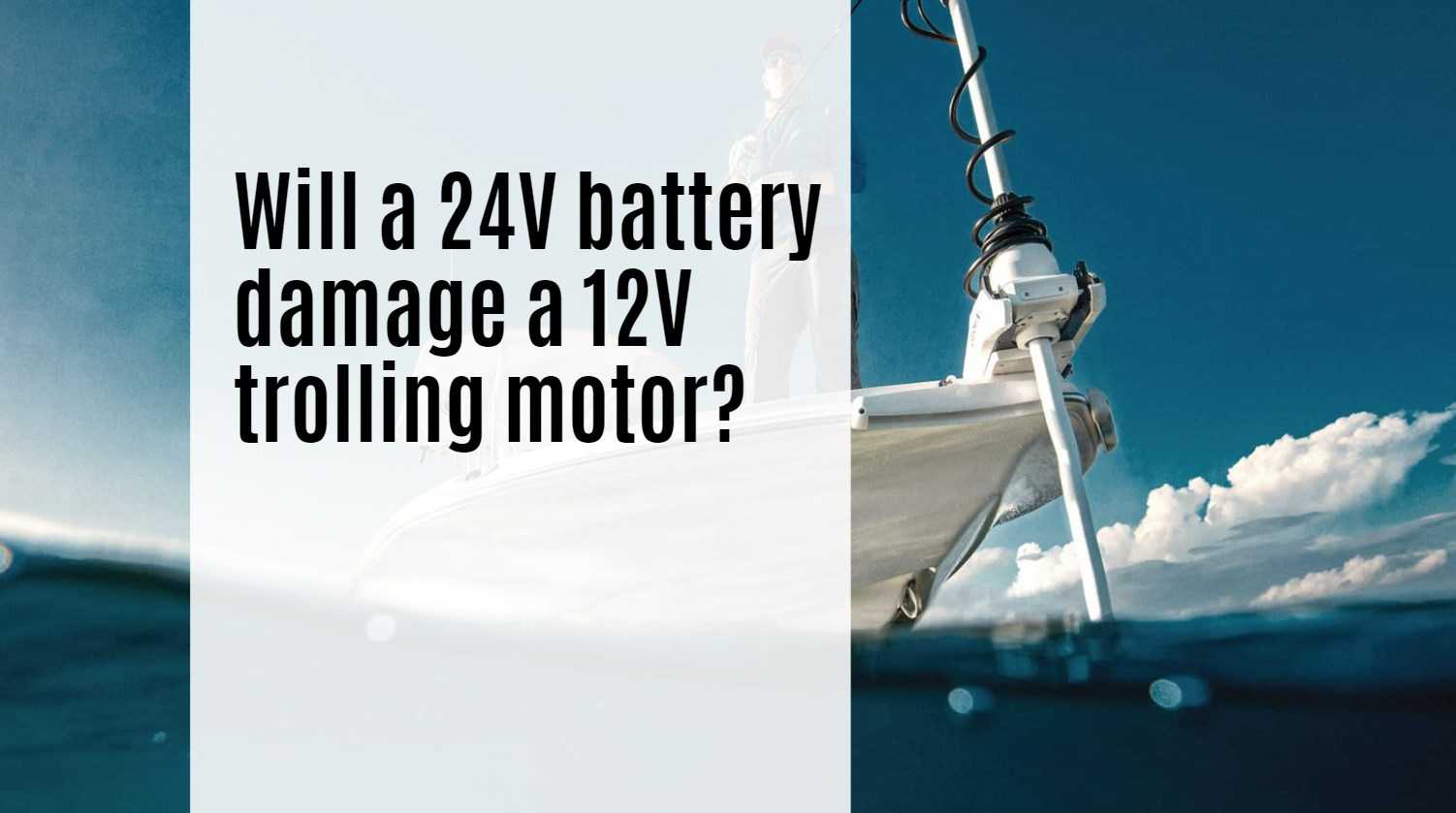Using a 24V battery to power a 12V trolling motor is not recommended, as it can lead to several issues. Here’s a detailed overview:
Key Points
- Power Compatibility:
- A 24V trolling motor is designed to operate at 24 volts. Connecting it to a 12V battery will generally result in reduced performance. The motor may run, but it will likely provide significantly less power and thrust than intended, potentially around half or less of its normal output.
- Motor Damage Risks:
- Running a 24V motor on 12V is unlikely to cause immediate damage, but it is not optimal. The motor may struggle to operate efficiently, and prolonged use under these conditions could lead to overheating or other issues over time.
- Current Draw:
- When running at a lower voltage, the motor may draw more current to compensate for the lack of voltage, which can lead to overheating of wiring and connectors if they are not rated for higher currents.
- Performance Issues:
- Users have reported that while some 24V motors can run on 12V, they do so at significantly reduced efficiency and performance. This means that for tasks requiring full power, such as maneuvering in strong currents, the motor may be inadequate.
- Conclusion:
- While you might be able to run a 24V trolling motor on a 12V battery temporarily, it is not advisable for long-term use due to the potential for reduced performance and possible damage over time. It’s best to use the appropriate voltage setup for optimal operation and longevity of the equipment.
Recommendation
If you have a 24V trolling motor, it’s advisable to use two 12V batteries connected in series to achieve the necessary voltage for proper operation. This setup ensures that the motor performs efficiently and reduces the risk of damage.




